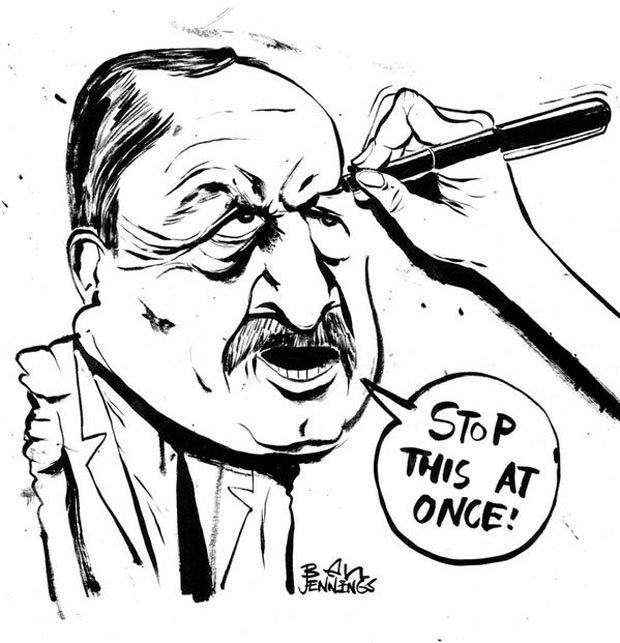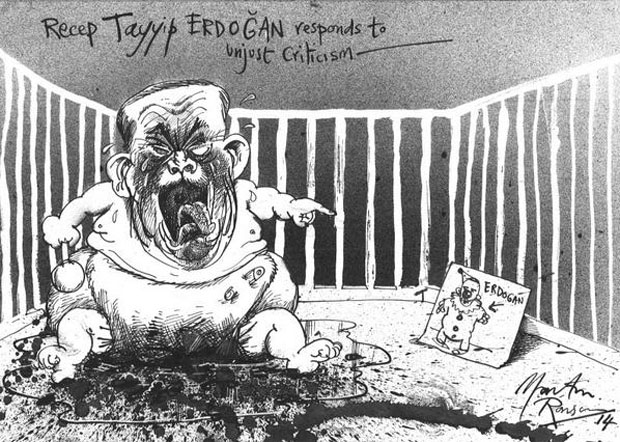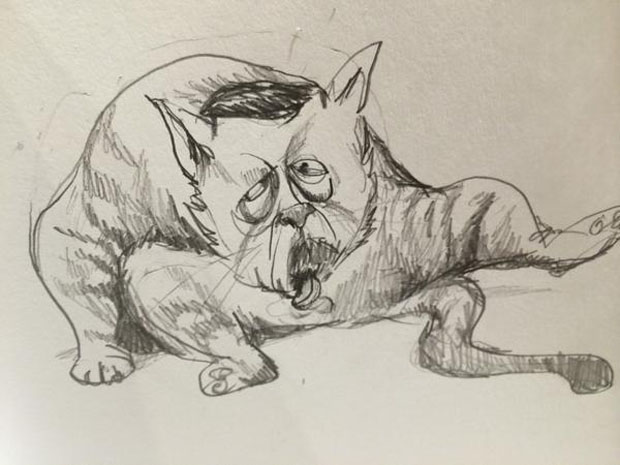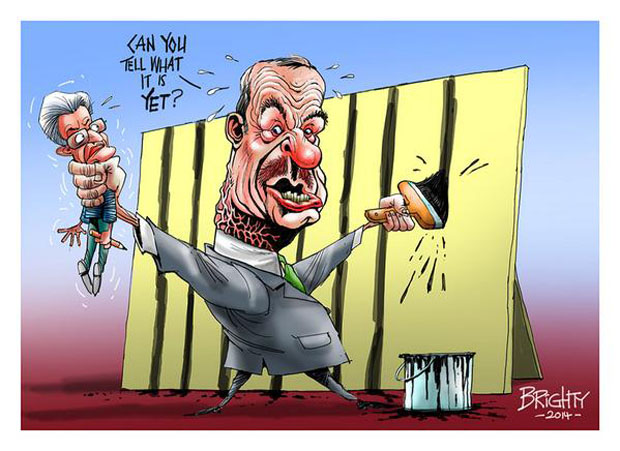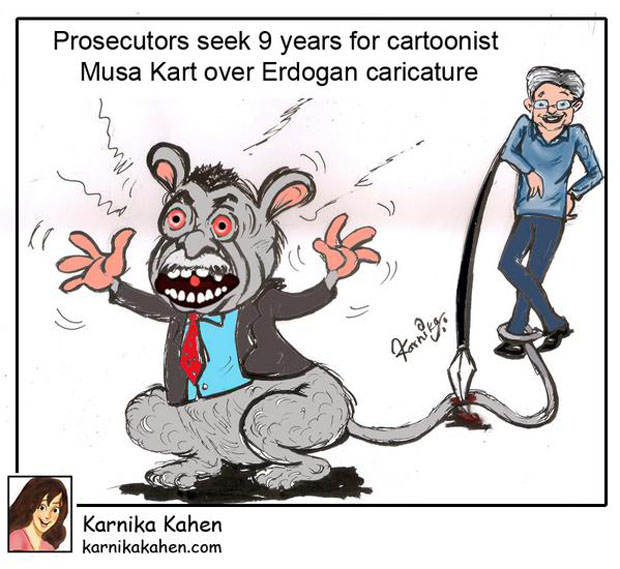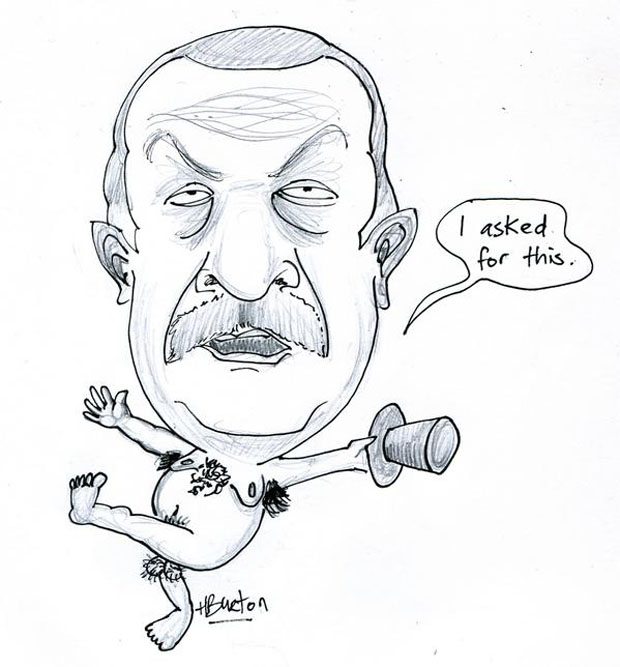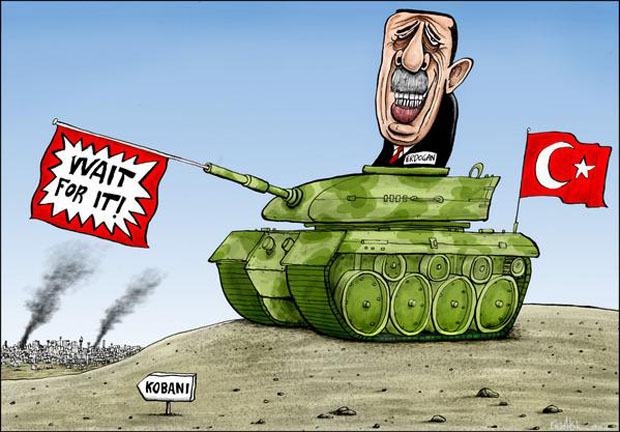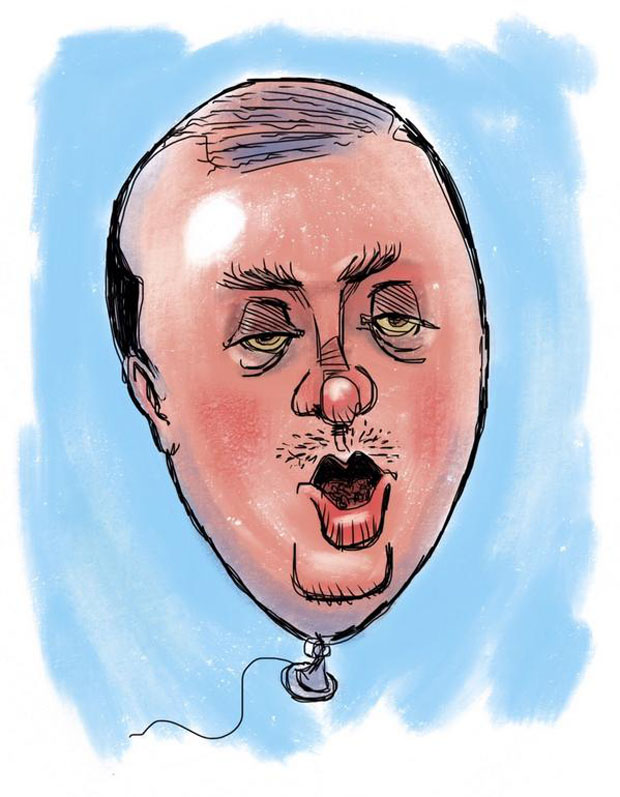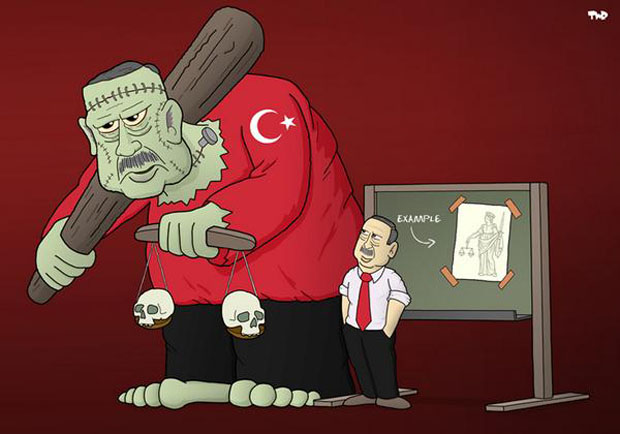Recap report: freedom of expression for artists working in Welsh in Wales?
At the end of Index on Censorship’s ArtFreedomWales’ second online discussion (watch it in full above) there was a general consensus that they were just scratching the surface of a huge, important subject.
Hosted by Bethan Jones Parry (Broadcaster, Journalist and Writer), the following met online to discuss the opportunities and obstacles to expression for artists working in Welsh:
- Mari Emlyn (Artistic Director Galeri, Caernarfon)
- Arwel Gruffydd (Artistic Director Theatr Genedlaethol Cymru)
- Bethan Marlow (Playwright and Storyteller)
- Iwan Williams (Independent Creative Producer and Creative Development Officer for Mentrau Iaith Cymru)
The live broadcast opened with Jones Parry asking what censorship meant to each individual? Williams kicked off by saying he felt that culture in Wales isn’t censored from the outside but rather from the inside – self-censorship. Emlyn agreed that self-censorship is what she is most aware of despite there being examples of censorship in everyday life. To her censorship is stopping or restricting opinion and the spreading of that opinion. Marlow expressed, although not sure if it is censorship entirely, that when writing in Welsh there is a pressure and an awareness that the whole audience must be taken in to consideration and that you must please the whole audience. It is not confined to the theatre alone. Working within the Welsh language and trying to appeal to everyone can affect the work that is created and dilute it in some way. Jones Parry asked Gruffydd if he had a free voice as Artistic Director of Theatr Genedlaethol Cymru or is his voice censored. Gruffydd answered by saying that he hopes the company is giving writers and artist an uncensored voice however that there is a sense of self-censorship amongst writers and artists when working in Welsh especially with those who work bi-lingually. He noted two examples. One writer saying he didn’t want to write for the Welsh theatre because he had nothing to say about Wales – leading to the question must writing in Welsh be about writing about identity? The other example, a playwright who didn’t want to express themselves in Welsh because they had too much respect for the Welsh audience. They didn’t want to offend by disclosing some of the things lurking in their head! “Something’s are more difficult to share in Welsh.” Jones Parry concluded from the initial response that censorship is a very interesting mixture but what is apparent, despite there being an inherent censorship by any state regarding culture, in Wales, censorship mostly comes from self-censorship.
Jones Parry moved on by quoting David Anderson, Director General of National Museum Wales. “We are in the second decade of the twenty first century, but we still retain the highly centralized, nineteenth century, semi-colonial model that the arts should be concentrated in London, and that funding London is synonymous with serving the English regions and the nations of the UK. For Wales, Scotland and Northern Ireland this undermines the principle, embedded in law, that culture is a devolved responsibility. It is a constitutional tension that remains unresolved.” The panel were asked to respond. Williams agreed that the funding model is centred on London and Cardiff and that there is always a pull towards the cities but that it was up to the companies and artists to change things – the ethos being to create the quality of work created in London in small rural areas of Wales. Jones Parry asked if the budget is less is it possible to achieve and offer the same quality? Williams agreed that budget is a huge factor but that confidence is a factor too. “We need to be ambitious and take big strides with our projects. By being ambitious, and if the will is there, we can create something that is of the same quality as anywhere else in the world.”
Responding to the question ‘Do Welsh speakers suffer, budget wise, because there are fewer Welsh speakers than English speakers?’ Gruffydd expressed “If you want to explore and experiment and strive towards new things with work and text – in a larger environment, with more people aware and more people buying a ticket that funds the work then a momentum is created. It is very difficult to express yourself in Welsh if your ideas are a little leftfield because we are a small audience when we are a full audience. If we break it down again to experimental work, certain texts, creating projects that appeal due to their nature then we are performing to two people and their dog. It’s difficult to fund that work.”
Marlow was asked how her work is perceived away from Wales to which she noted that the same recognition did not exist. Work away from Wales for her has always been an invitation from a company and not bringing previously performed work in Wales to England. She shared her frustration on searching for an agent that despite having many Welsh language credits including productions for high profile companies such as Theatr Genedlaethol Cymru, Sherman Cymru and TV companies, it was difficult to gain interest away from Wales. She believes the same gravitas for these big companies in Wales did not translate away from Wales. However, she believes “ as artists we don’t treat our companies with the same gravitas either. It’s important we have that pride of working in Wales and change our attitudes to see that a play produced by Theatr Genedlaethol Cymru is just as impressive as having work produced in London.” Jones Parry questioned that as a nation working in Welsh did our insecurity lead to self-censorship? Williams stated “Historically the language has been trampled on over the years. Our confidence as a nation is low. Since devolution there is a new sense of confidence and pride but a lot of work to be done still for us to believe in ourselves. It takes time and it’s not done overnight but we need to share big ideas and say big things.” Williams notes too that the creative sector in Wales is small and everyone knows each other. The critique of the work that happens in larger cultures doesn’t exist in Wales. “We censor the work we create as well as censor what we say about other people’s work.” Emlyn agrees. “As a small nation we are all afraid to offend. We all know each other. “ She believes that we must reach a point where we overcome the fear of offending. “There is a tendency to write safe things that doesn’t cause a stir or uproar. Conversation and interest is good. It gives us the drive to push boundaries and create something a bit more daring. Criticism is a problem in Wales. Either the fear of insulting or reviews become extremely personal.” Emlyn believes that there isn’t enough theatrical and historical background by theatre reviewers in Wales. She claims poetry and literature reviews are much stronger within the Welsh language.
Leading on from this, Gruffydd was asked as a director if he censors himself and compromises his principles by producing work that is popular and provides bums on seats. Gruffydd stated it is difficult to rate how much he censors himself. He has his own view and leaning as a director that reflects his personal artistic leaning, opinion and politics despite trying to remain impartial. During his tenure as Artistic Director of Theatr Genedlaethol Cymru he has chosen plays and texts that have pushed the boundaries for example ‘Llwyth’ (Tribe – about a group of gay male friends in Cardiff). Marlow rejected Jones Parry’s assumption that there are times she has wanted to express something but didn’t as it wouldn’t allow her to make a living. As a writer she has always said what she wanted. She can’t write if it is fueled by a fee alone. Marlow feels lucky to have been supported by companies that have allowed her to be open and to share what she wants to express. She believes nurturing a relationship is important. “Wales is different to the rest of Britain. The work is different and what is being said is different and that people in Europe can identify with the work.” Gruffydd believes that the English censor Welsh language work more than other cultures, due to, in his opinion old preconceptions. He notes that English culture needs to check on their perspective of Welsh work and Welsh culture. As a company it was easier for Theatr Genedlaethol to attract an audience in Taipei than London. “There is a lack of preconception abroad. It would be difficult to sell a production in Welsh to a non-Welsh audience in Cardiff let alone London and yet in Taipei the play ‘Llwyth’ attracted an audience of 1000.”
Emlyn was asked if it was difficult to attract work from across the border and overseas to Galeri in Caernarfon, North Wales suggesting that geography takes a practical hand in censorship. Emlyn didn’t believe so. Galeri has established itself as a strong centre with a mixed programme. Work from elsewhere has inspired local performers. As an example Emlyn explained how a visit from Sadler Wells company, ‘Company of Elders’ inspired a collective of women over sixty, who felt they had no platform to express themselves, to create a dance piece at Galeri. Emlyn notes it is not just geography but age, illness and so on that can lead to censorship and people feeling frustrated and restricted and therefore censored. Remaining on the subject of geographical censorship Gruffydd stated that ‘every road does not lead to Cardiff.’ As a National company he feels it’s important to invest in communities and supply them with important and substantial productions and not focus specifically on the main centers alone. The company’s latest production ‘Chwalfa’ will only play at Bangor. “It is up for the audience to travel to experience the story of that specific community.”
Jones Parry was interested to know if the story of the non-Welsh speaking Welsh was being heard within the arts and if it was balanced with the Welsh language Welsh story. Marlow’s opinion was that having two National Theatre Companies proves the output is balanced and her experience of working extensively with Welsh speaking and non-Welsh speaking communities in Wales also proved that. She believes both have a strong presence and voice. Emlyn noted that Welsh language productions sell out at Galeri but it is very difficult to attract an audience to English language theatre if the productions are from Wales or beyond. She believes that a Welsh language audience trust what they will get from Welsh language companies and play it safe. She was unsure why as if someone had a genuine interest in theatre surely they would attend productions in any language?
Bringing the discussion to a close Jones Parry asked all panellists for their final word. Gruffydd finalised his thoughts by stating that every culture censor themselves. “Culture on the whole has always favoured the middleclass and educated. People who do not fit in to this assumption or norm don’t feel as secure expressing themselves because of fear. It is a challenge for us in the arts to help overcome this and give a wider geographic the voice to express themselves artistically. The arts should belong and be beneficial to everyone’s everyday life.” Marlow ended her contribution by urging Wales to be brave and stop comparing themselves to any other country. Williams concluded by saying that culture and the arts need to be taken to the communities in order for attitudes to change. “Attitude needs to change and will change by sharing towards culture and the language.” He strongly believes communities are the key and to invest in public work beyond the usual paths of theatre and TV. Emlyn ended by stressing that Wales shouldn’t be scared of venturing. “The arts are there for us to express ourselves. If we can’t express ourselves in the arts where can we? We have the right to fail. Only by failing do we learn. We shouldn’t be afraid.”
Follow and participate in the discussions @artfreedomwales.
Find out more about Index’s UK arts programme.
This article was posted on November 01, 2014 at indexoncensorship.org

